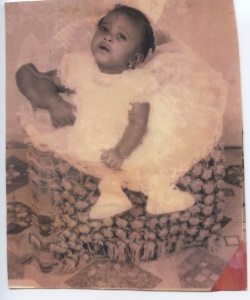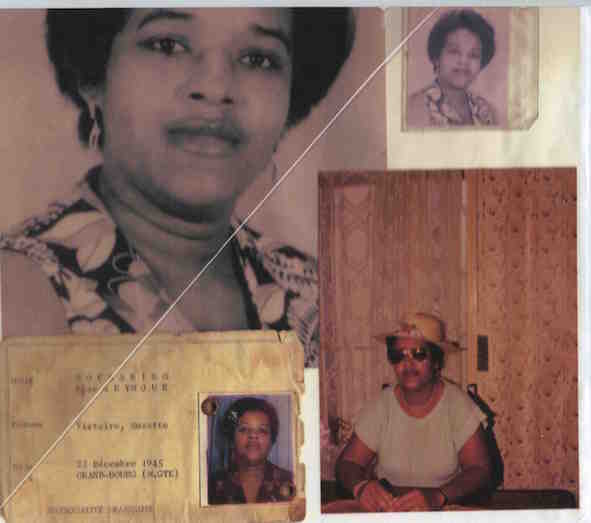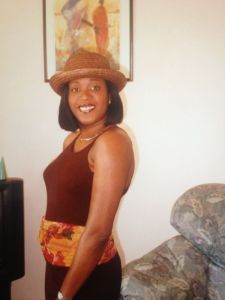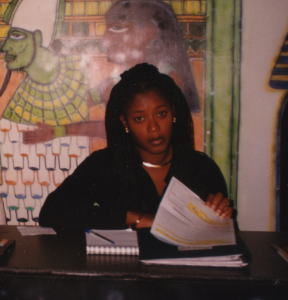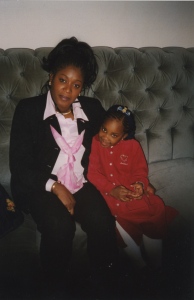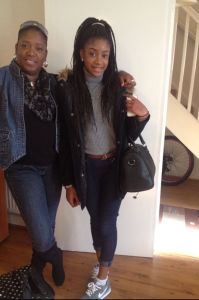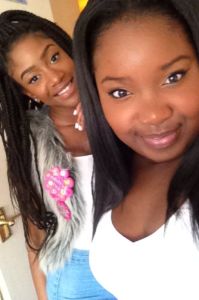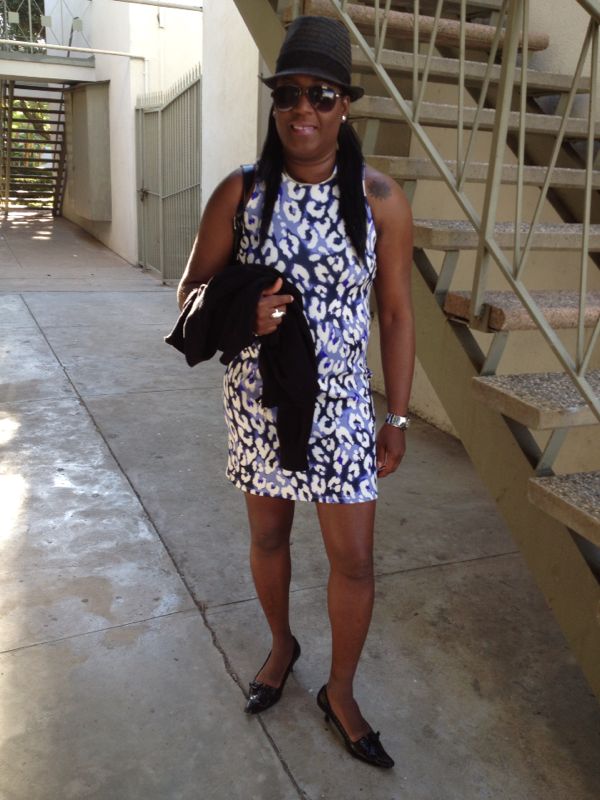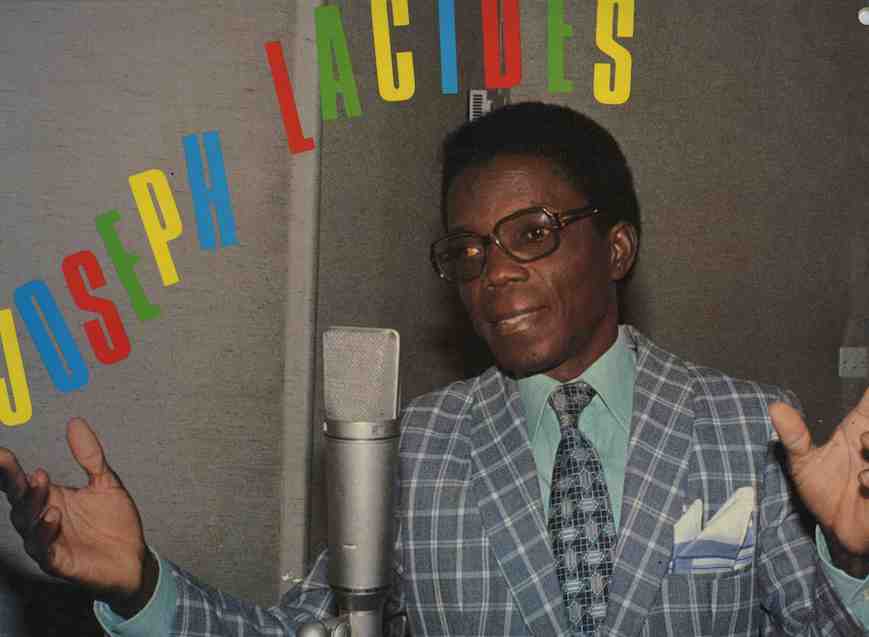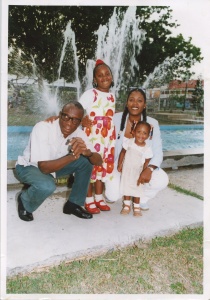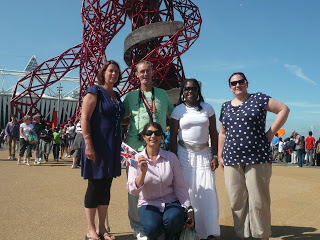I never accepted anybody telling me how to do things for my girls. I know what I need, what I want for them, what to expect from them. I knew I still had the mother instinct – knowing what’s good or not good for the child. So I didn’t want a stranger to come and tell me what to do for my daughters. I came back very quick as a mum.
The two girls were staying with their fathers. They always asked them “do you want to stay with your dad or mum? What do you think will be good for you?” and they chose to stay with mummy. I was impressed that the system observed me and said I could look after my children, with full supervision – a sleeping-over carer. It really worked. They could have tried to keep my daughters away from me but we were able to come back together as a family [9].
In October my youngest daughter Jada will be fourteen. She’s a very active girl. She likes dance and sport. She is slim so she can move easily. Jada is a strong character, she likes to challenge people! Sometimes she reminds me of myself as a young girl. Recently she told me she wants to become a lawyer and I think it’s a good idea.
Crystal’s more intellectuelle, a little more quiet, and she likes fashion. She is now at university in Coventry and comes home sometimes for the weekend. I am very happy when she comes. I miss her. She makes me laugh so much.
My daughters are very, very good and helpful, no matter what. They helped to take responsibility from the beginning. Crystal was big enough to remind me what I had to remember. Of course, the carers helped during the day. But if they weren’t there on the Saturday, for instance, Crystal is the one who helped me with my reading, helped me know what’s going on. As Jada got older, she helped as well.
My girls were hurt overnight when I became ill. I feel bad for them because they are young girls and they’ve become young carers. I want them to enjoy themselves, to have light hearts. I try to give them the material things they want, but material things are not enough. Their fathers support them as well, but they grew up very quickly.
They have become very strong. Little problems at school or with people, they don’t really take it seriously, because they know to be healthy and be alive is the most important thing. People cannot shake them easily, basically. They are young but they know what is going on in life.
I wanted to be able to look after my two girls but the brain haemorrhage shut down all my plans. So now, for me, they need to learn to become somebody, to be able to feed themselves, to have a nice car if they want, a nice house, a good husband – I want the best for them. We communicate a lot. I tell them “the beginning of all this is your school and nothing else.” It’s all I ask. Be somebody, go to high school, focus on your destiny, don’t focus on boys. Be yourself. You have to be selfish, think about you first and, after, you will be able to think about others. You first.
I chose a Catholic school for them – one with girls only. Jada asked to change to a mixed school and I said, “I’m sorry, you will have to carry on Catholic school to the end”. I explained to her why. When you go to a mixed school, sometimes the boys – it’s normal and natural – will try to attract you and disturb you in your studies. So I said “No. You have time for this when you go to uni. Take things step by step.” I believe in the Most High God to help me to guide my daughters.
It is who I am as a mum. When it comes to school I’m not cool, I don’t want to be cool! I tell them, “bring home good marks for me and I’ll be super cool with you, the most happy mum ever.” If we’re on holiday we have fun, we laugh together. I am a cool mum when we go out to enjoy ourselves.
